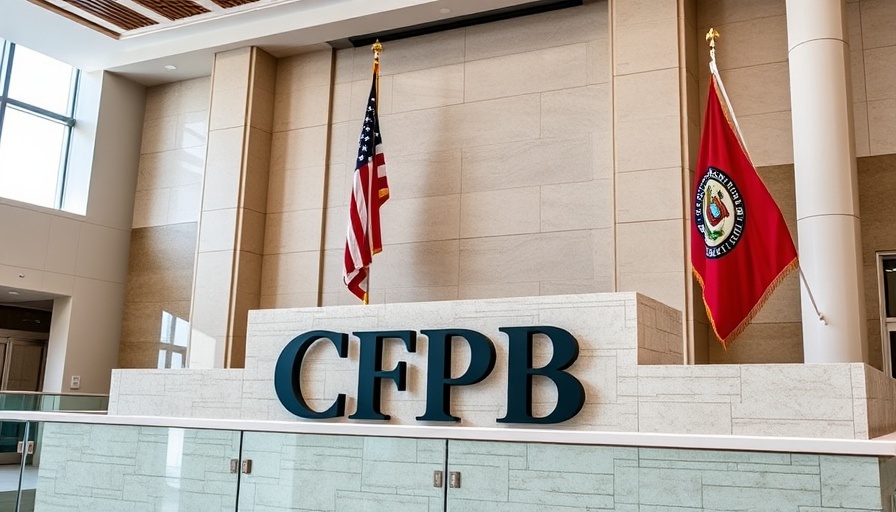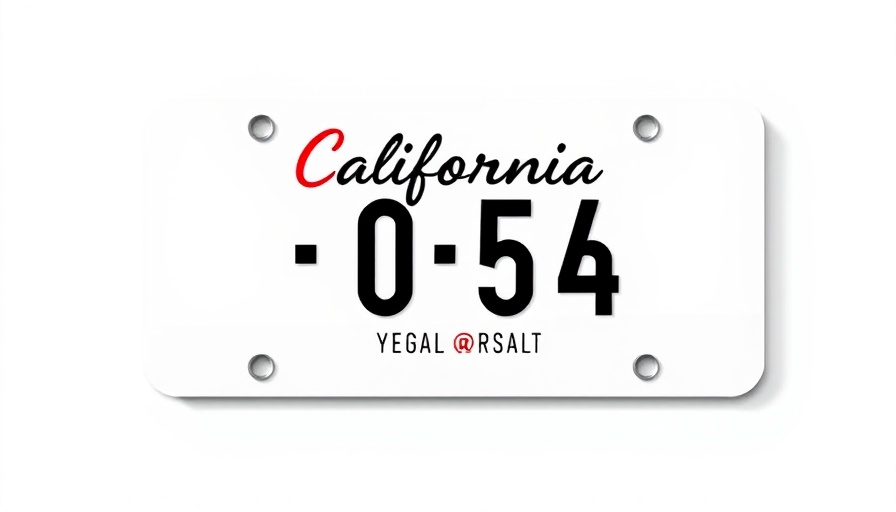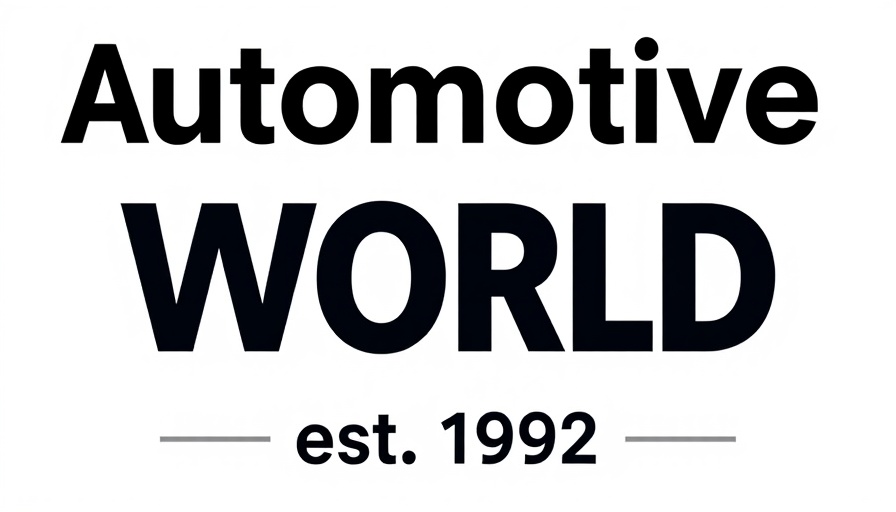
CFPB's Landmark Fine: A Warning for Auto Financing Companies
In a significant enforcement action, the Consumer Financial Protection Bureau (CFPB) has imposed a hefty $12.8 million fine on American Honda Finance, raising critical questions about compliance within the auto financing sector. The CFPB alleges that the captive finance company engaged in inaccurate credit reporting practices, particularly during the challenging landscape shaped by the COVID-19 pandemic.
The Impact of Inaccurate Credit Reporting
Accurate credit reporting is essential for maintaining the integrity of financial transactions, especially in the automotive industry where financing options are crucial. Inaccurate information can lead not only to denied loans but also to increased interest rates for consumers, damaging their financial standings. The repercussions of Honda's practices might extend beyond financial penalties, as consumers affected by incorrect reporting could suffer from long-lasting impacts on their credit histories.
Lessons from the Enforcement Action
This fine serves as a stark reminder for auto dealerships and finance companies to rigorously review their credit reporting processes. The implications are clear: neglecting compliance can lead to substantial financial penalties and reputational damage. Dealership principals and general managers must prioritize training and policy updates regarding compliance, ensuring that all data reporting meets the CFPB standards.
Regulatory Landscape: A New Era of Compliance
The automotive finance sector is at a crucial juncture as regulatory bodies like the CFPB ramp up enforcement mechanisms. As the focus on consumer protection intensifies, dealers must stay informed about the evolving regulatory environment. This fine highlights a trend towards stricter scrutiny, where historical practices may no longer suffice. Embracing proactive compliance measures will be essential for fostering trust with consumers and regulators alike.
Future Trends in Automotive Finance Compliance
Looking ahead, it is anticipated that more financial institutions will face similar scrutiny as the CFPB expands its efforts to protect consumer rights. Expectations for greater transparency and fairness in lending practices are mounting. This shift may prompt dealerships to innovate their reporting practices, potentially leveraging technological advancements to enhance accuracy and streamline compliance. Investing in technology could serve as both a safeguard against regulatory violations and a competitive edge in the marketplace.
Concluding Thoughts
As auto finance leaders, it is vital to learn from this case and reassess compliance practices. An organization's commitment to accurate credit reporting not only aligns with legal standards but also strengthens customer relationships and enhances long-term success in the automotive market.
 Add Row
Add Row  Add
Add 




Write A Comment